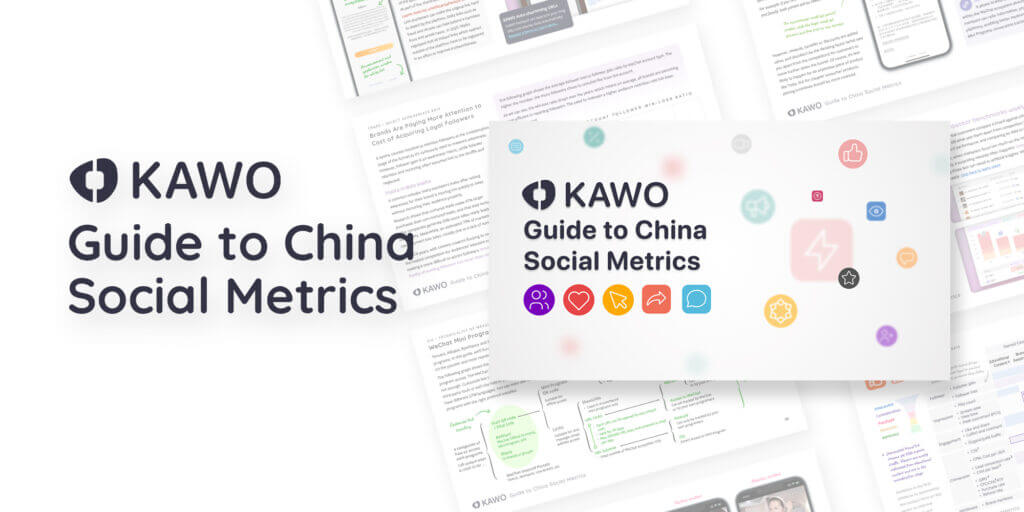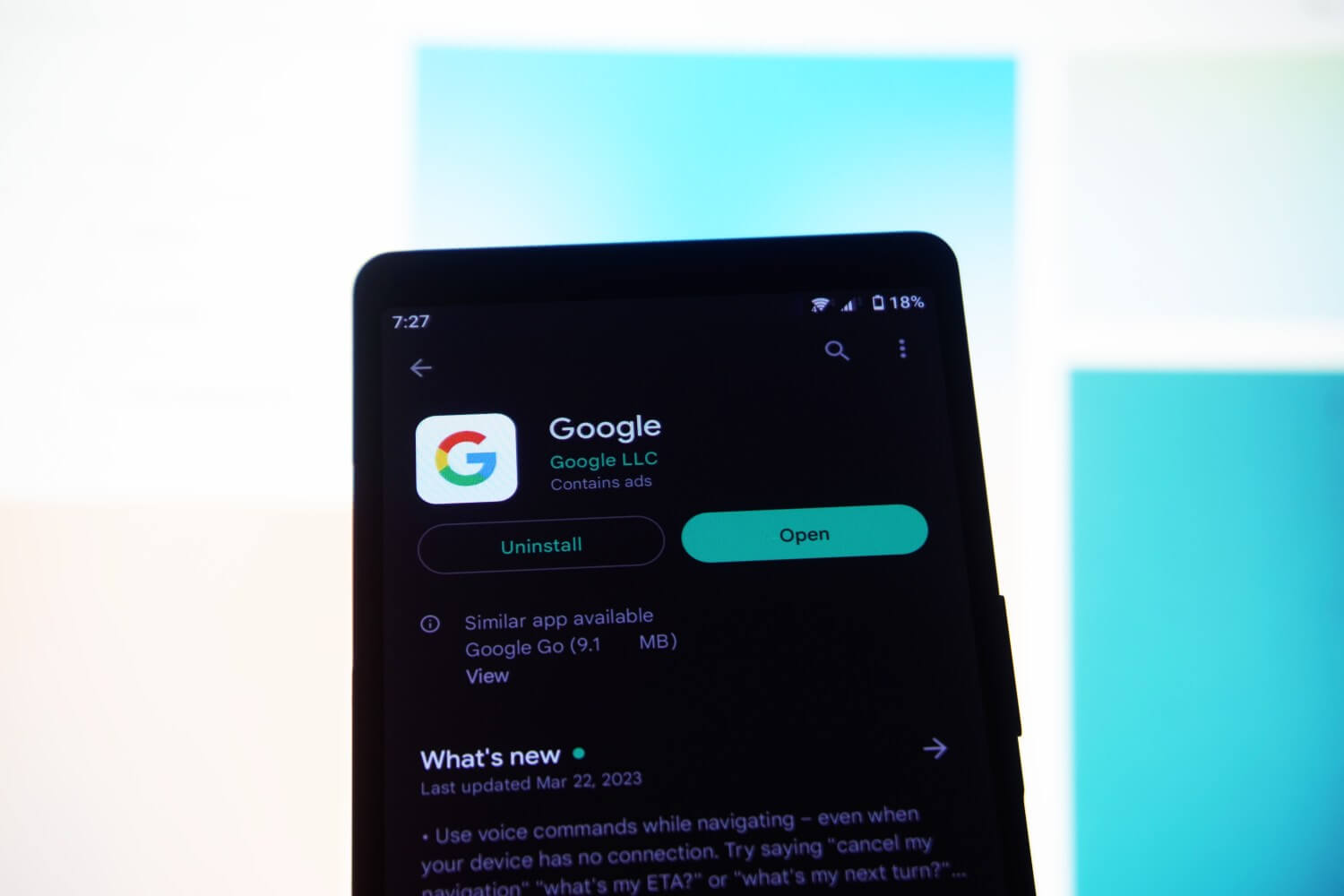- You are here:
-
Home

-
Asian e-Marketing

-
July 2010

- Mobile Marketing versus Mobile Advertising: Do you know the difference?
-

API Security Company Neosec acquired by Akamai Technologies
Akamai Technologies, Inc. announced entering into a definitive agreement to acquire Neosec, an API detection and response platform based on data and behavioral analytics.
-

KAWO’s "Guide to China Social Metrics" helps marketing teams translate KPIs into business success
KAWO, the leading social media management platform in China, has launched its 2023 “Guide to China Social Metrics.”
-

Zero in with ABI’s Research Spotlights on research that is critical to your success
The global technology intelligence firm ABI Research just announced the release of Research Spotlights, suites of research focused on key technologies and trends within the vast ABI Research Library.
-

GSMA report predicts tenfold rise in 5G mobile connections in Asia Pacific by 2030 as digital transformation gathers pace
5G will account for over two-fifths (41%) of mobile connections in the Asia Pacific (APAC) region by 2030, up from 4% in 2022, according to the GSMA's Mobile Economy APAC 2023 Report.
-

SecurityHQ’s Cyber Predictions
In response to the growing number of breaches, SecurityHQ released their latest white paper to highlight analyst predictions for threats and vulnerabilities in H2 2023.
-

EdTech Intel: 6 Ways AI is Revolutionizing Online Learning
After years of steadily picking up steam, online learning is experiencing undeniable explosive growth. The market is racing toward $1 trillion, with the corporate e-learning space expected to skyrocket 250% in the coming years. As e-learning continues to expand beyond the walls of academia, another game-changing phenomenon is going mainstream in a big way: artificial intelligence (AI).
-

Outlook of generative AI for the enterprise market is exciting but lacks a clear corporate strategy
The democratization and acceleration of generative Artificial Intelligence (AI) originated in the business-to-consumer (B2C) market with the release of popular applications like ChatGPT and Stable Diffusion. But the B2C market will barely scratch the surface of generative AI’s potential economic value.
-

SenseTime Launches "SenseNova" Foundation Model Sets and AI Computing Systems, Advancing AGI Development
SenseTime hosted a Tech Day event, sharing their strategic plan for advancing AGI (Artificial General Intelligence) development through the combination of "foundation models + large-scale computing" systems. The leading AI software company is focused on creating a better AI-empowered future through innovation and committed to advancing the state of the art in AI research, developing scalable and affordable AI software platforms that benefit businesses, people and society as a whole.
-

Enhanced Google Play Protect real-time scanning for installation of sideloaded apps
Google is making Google Play Protect’s security capabilities even more powerful with real-time scanning at the code-level to combat novel malicious apps. Google Play Protect will now recommend a real-time app scan when installing apps that have never been scanned before to help detect emerging threats.
-

Cisco unveils new solution to rapidly detect advanced cyber threats and automate response
Cisco unveiled the latest progress towards its vision of the Cisco Security Cloud, a unified, AI-driven, cross-domain security platform. Cisco's new XDR solution and the release of advanced features for Duo MFA will help organizations better protect the integrity of their entire IT ecosystem.
-

Alibaba Cloud unveils new AI Model to support enterprises' intelligence transformation
Alibaba Cloud, the digital technology and intelligence backbone of Alibaba Group unveiled its latest large language model, Tongyi Qianwen.
-

Black Friday Online Shopping Safety Checklist
Vigilance is urged during this 2023 Black Friday and Cyber Monday, as “AI generated scams enhance the threat to this year’s festive shoppers, as it’s revealed over 7 in 10 British people worry that AI will make it easier for criminals to commit online fraud” – NCSC.
But while AI scams like voice cloning, romance scams, and language mimicking are on the rise, “93% of the biggest spenders, millennials aged 24-35, plan to shop during this coming weekend. And they spend an average of $419.52 per person.” But with cyber security threats at an all-time high, how can shoppers and businesses stay cyber safe?
Here are our top tips for staying safe online, and the preventative measures that can be taken while shopping for your latest bargain.- Be Aware of Phishing & Quishing Attacks
SecurityHQ analysts have recently observed a significant increase in Business Email Compromise (BEC), regarding phishing attacks containing QR code (Quishing) and captchas for credentials harvesting. Quishing attacks usually occur via the scanning of a QR code. This technique involves tricking users into scanning a QR code using a mobile phone. The QR code then redirects the user to a phishing or fake website that aims to steal their credentials.
Read more about Quishing, and how to spot QR Code vulnerabilities, here. - Read the Small Print
If something seems too good to be true, it probably is. While Black Friday deals can offer huge discounts that are genuine, people still need to make money. Anything ridiculously cheap is a red flag.
What to look for:
- It is worth checking the reputation score of retailers to determine if that retailer can be trusted.
- A website with no company address, descriptions or specifications on items are all red flags. Look for the details. And do not base purchases solely off star ratings, as these can be fake.
- Pop-ups that offer free electronics are obvious scams, containing malicious phishing links, and should be avoided at all costs.
- Read the small print. Often cons are perfectly visible if you know what to look for. Like seeing a picture of a laptop being advertised, going to buy said laptop for a reduced rate without reading the small print, and receiving a literal picture of a laptop in the post. The devil is in the detail.
- Use Reputable Websites/Companies
Tried and Tested – Using websites that are globally known is a good way to avoid any nasty surprises. Even if it is a couple of pounds more, it is worth knowing where your money is going and that your purchase will be tracked and delivered.
Use Antivirus Software that will warn you of potentially dangerous sites in search results as well.
Look For Suspicious Emails, as well as suspicious calls and text messages. Never click on a link you are unsure of, and never provide personal information over the phone. Read more on email security, here. - Stop, Look, Check, Pay
Secure Sockets Layers (SSL) are used to ensure data is encrypted before being transmitted across the web. It is also an indication that an organization has been verified. Keep an eye out for HTTPS in the address bar rather than HTTP, as this highlights a site uses SSL.
Make Sure the Website That You Intend to Shop on is Not a Copy of a legitimate one. Verify that the date and name of the organization are consistent with the site you are visiting. And look for typos in the URL. Your best bet it to go directly to the website yourself, and do not access it through links on other sites/emails.
When using public Wi-Fi, use a VPN as the most effective way to stay safe and so that hackers do not steal your personal data while you are on an unsecure network. - Check Your Bank Account
- Use a credit card or payment method which offers protection (i.e., PayPal).
- Check your accounts regularly for fraudulent activity.
- Only provide enough details to complete your purchase (no extra details required)
- Keep Your Passwords Safe & Don’t Use Default Credentials
Default credentials used by applications and appliances are often published on the internet. This can be a big problem. An attacker will typically first scan your network to see where they can move next. If an attacker was lucky enough to identify applications or appliances with default credentials enabled, it won’t take them long to hunt on the internet for these published credentials. Read how to detect default credentials, here.
Finally, keep your passwords safe. Read this blog on password protocols to learn more. Don’t let cyber scams ruin your festive fun this winter!
By SecurityHQ - Be Aware of Phishing & Quishing Attacks
-

Content Remains King in the Future of Video in India
The Asia Video Industry Association’s (AVIA) Future of Video India conference opened to a full house with a keynote conversation with Shri Apurva Chandra, Secretary, Ministry of Information and Broadcasting (MIB). Secretary Chandra stated that with OTT (over-the-top), Indian content has become more accessible and more acceptable to a global audience. “Quality of content has always been very good in India, but now it is easier for Indian content to travel across the world. OTT has helped it in a big way,” said Chandra. He also reiterated the need for OTT to continue with a soft touch approach, as the three tier self-regulatory system has been working well. While there were concerns that light touch regulation has led to less desirable content, he remained of the view that the industry needed to be more self-aware so that the government need not step in. Chandra also shared that a National Broadcasting Policy has been in the works, as the industry was becoming more fragmented. However, this would take time in order to balance the conflicting interests of all the disparate parties.




















 Nonchalantly I mixed and lumped together "mobile marketing" and "mobile advertising", until I did some research recently - actually specifically for the current issue that is dealing with both terms.
Nonchalantly I mixed and lumped together "mobile marketing" and "mobile advertising", until I did some research recently - actually specifically for the current issue that is dealing with both terms.




































